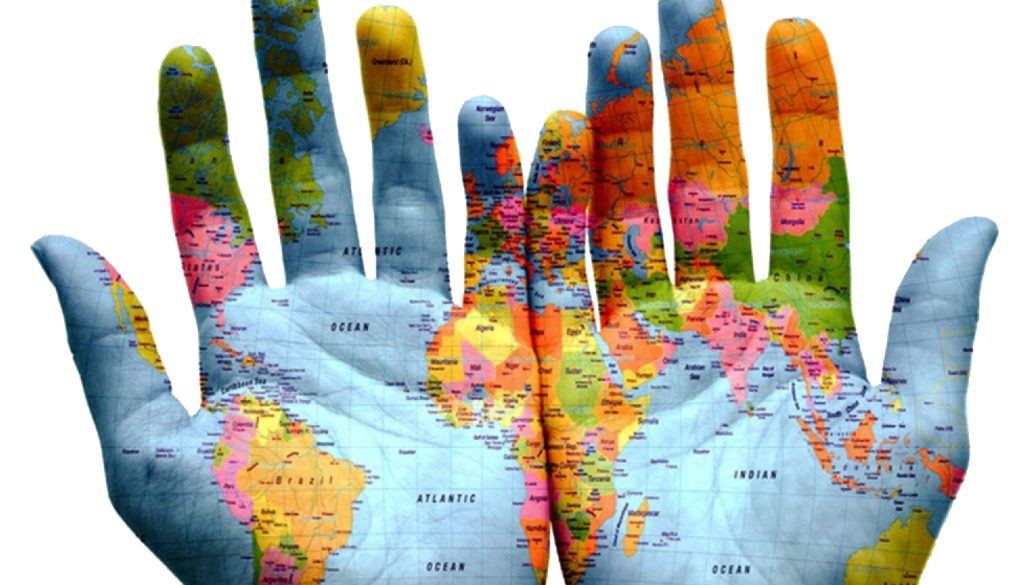The best colloquial expressions in English
Each day, languages undergo a transformation that change it and make it sometimes unrecognizable. Even people who speak the same language may not be able to communicate with each other effectively because of the syntactical variations in the language. As a translator, this can prove to be challenging. The wrong decision would make your translated work incorrect and even incomprehensible. When it comes to translating the best colloquial expressions in English, things can prove to be challenging.
Extensive background in the source language
The best translators of colloquial expressions in English are those who have extensive background in certain regional variations of the language of origin and who are equally adept at the target language. Colloquial expressions are related closely to regions in which they are commonly used and may have unique meanings depending on the region in which they are spoken or used. This makes it necessary for the translator or translation agency to recognize the words used or the phrases used, which may not have the same meaning and hence would require different translations.
Know your client
As a translator tasked with translating the best colloquial expressions in English, it is your job to find out where the client comes from and what regional variety of the target language is required. It is also important to find out the register of the content. Translators should shun use of colloquial expressions in their work.
Different colloquialisms
Learning the best colloquial expressions in English can help you understand the language. People who speak English in America or England find that there are many differences in the language and nowhere is this clearer than in the colloquial expressions spoken. Here is a brief look at the best colloquial expressions in English. Expressions like YOU ROCK signify to someone they are great. LET YOUR FREAK FLAG FLY is another expression that means to let others see your uniqueness. If you are trying to be funny, then you may use the expression CRY WOLF. It means you are calling for help when you don’t need it. PULLING A RABBIT OUT OF THE BAG is another common colloquial expression which means to do something unexpected.
Americans speak differently
These are examples of best colloquial expressions in English. Americans have their own set of colloquial expressions. For example, when an American says WICKED, he or she does not mean evil or bad. Instead, this colloquial expression is a slang term for saying something is Brilliant or Awesome. Also, when Americans use the term UNREAL they mean something that is brilliant or cool. KUDOS is another term that is commonly used by Americans. It means respect or recognition.
There are tons of such colloquial expressions that are used by people who speak English. Translating such expressions requires a strong grasp of the English language. When translating an expression like HOLD YOUR TONGUE, you need to understand that this does not refer to sticking your fingers in your mouth and grabbing hold of your tongue. The wrong translation can have a catastrophic effect. The correct translation of this expression is to understand that the expression really means to hold back from saying something.





Michael Thhomas
02/01/2019 @ 21:41
Could you please transliterate the following:-
I E are F
&
A G to M
Thanks in hopeful anticipation. M